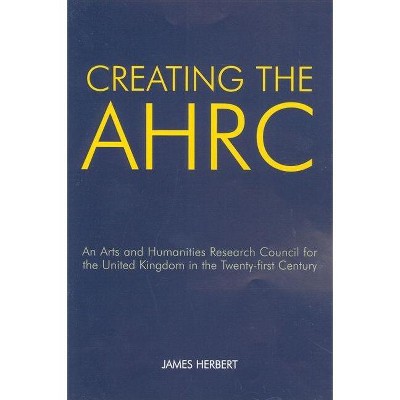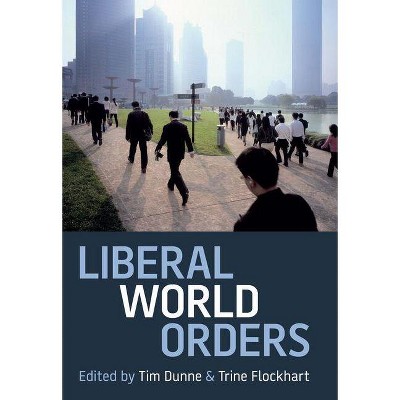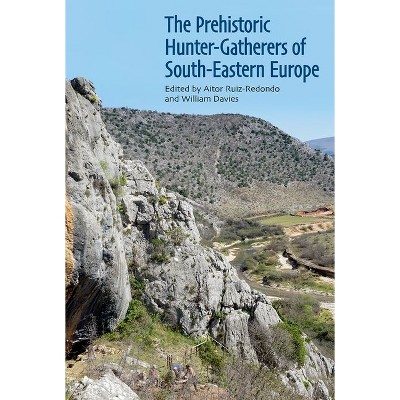Sponsored

The Legacy of Thatcherism - (British Academy Original Paperbacks) by Stephen Farrall & Colin Hay (Paperback)
In Stock
Sponsored
About this item
Highlights
- Three decades after the election of Margaret Thatcher as Prime Minister, it is perhaps time to take stock of the concept of 'Thatcherism' and the prominent role it has played in the history of post-war Britain.Of course, there is much debate about what Thatcherism actually was or is.
- About the Author: Stephen Farrall is Professor of Criminology and Director of the Centre for Criminological Research at the University of Sheffield.
- 260 Pages
- Political Science, History & Theory
- Series Name: British Academy Original Paperbacks
Description
About the Book
Examining the policies of the Thatcher governments helps us understand the economic and social conditions in Britain today. The book explores Thatcherite policies on the economy, social welfare, housing, education, crime, families, and social inequality, and examines what can be said about the legacy of Thatcherism for the 21st century.
Book Synopsis
Three decades after the election of Margaret Thatcher as Prime Minister, it is perhaps time to take stock of the concept of 'Thatcherism' and the prominent role it has played in the history of post-war Britain.
Of course, there is much debate about what Thatcherism actually was or is. Some commentators argue that Thatcherism was more noteworthy for its rhetoric than for its achievements. The welfare state, for example, emerged little changed after eleven years of Thatcherism. Some historians additionally suggest that other social forces that existed prior to Thatcher will outlast her.
Yet, whichever way one looks at it, the Thatcherite project of the 1980s brought about a fundamental reorganisation of much of the UK's social and economic life. Did Thatcherite policies dramatically alter the trajectory of the country's development? Can even long-term and seemingly enduring path dependencies be altered as dramatically as claimed?. Ought Thatcher's period in office be seen as a 'critical juncture' for the UK? This book brings together a range of experts in housing, economics, law and order, education, welfare, families, geography and politics to discuss the enduring legacy of those social and economic policies initiated by the first of the UK's New Right governments (1979-1990).
Review Quotes
Among the wealth of literature on Thatcher and Thatcherism, this book deserves to be seen as a major contribution to the field. An accessible, well-written, informative and refreshing perspective, this text is an engaging must-read for British politics academics and students, as well as those with a general interest in the area.-- "Leanne-Marie Cotter, Political Studies Review"
About the Author
Stephen Farrall is Professor of Criminology and Director of the Centre for Criminological Research at the University of Sheffield. Previous monographs of his include: Godfrey, B., Cox, D. and Farrall, S. (2011) Serious Criminals: A Historical Study of Habitual Criminals, Clarendon Studies in Criminology, Oxford University Press and Farrall, S., Jackson, J. and Gray, E. (2009) Social Order and the Fear of Crime in Contemporary Times, Clarendon Studies in Criminology, Oxford University Press. He is currently continuing to research the Thatcherite influence on crime with Will Jennings, Colin Hay and Emily Gray (funded by the ESRC).
Colin Hay is Professor of Government and Comparative Public Policy at Sciences Po, Paris and an Affiliate Professor of Political Analysis at the University of Sheffield where he co-founded the Sheffield Political Economy Research Institute. He is the author of a number of books including, most recently, The Failure of Anglo-Liberal Capitalism (Palgrave 2013) and The Political Economy of European Welfare Capitalism (Palgrave 2012, with Daniel Wincott). He is editor or co-editor of the journals New Political Economy, Comparative European Politics and British Politics.











